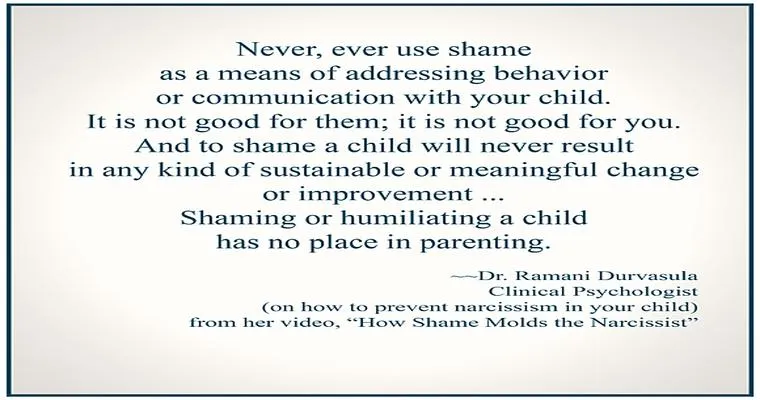Feeling "trapped" in a toxic relationship with a "narcissistic mother" can be an overwhelming experience, especially for long-term caretakers who often find themselves in a cycle of "emotional exhaustion" and "financial strain". If you are feeling "angry", "tired", and "stuck", know that you are not alone. Many individuals face the challenge of caring for a parent who exhibits narcissistic traits while also dealing with the burden of debt and a desire for independence. This article will explore the complexities of this situation and offer insights on how to navigate your circumstances.
Understanding the Dynamics of a Narcissistic Relationship
A narcissistic mother often demands attention, validation, and care, leaving her children feeling drained and undervalued. The "emotional manipulation" that comes with such relationships can lead to feelings of guilt and obligation, making it difficult for caretakers to prioritize their own well-being. Understanding the dynamics of this relationship is the first step toward reclaiming your life.
The Financial Impact of Caregiving
As a long-term caretaker, you may find yourself in a cycle of debt due to the financial responsibilities of caring for a narcissistic parent. This can include medical expenses, daily living costs, and even the emotional toll that caregiving can take on your mental health. The pressure to provide for a parent who may not appreciate your efforts can lead to feelings of desperation and resentment.
Recognizing Your Emotional State
It is essential to acknowledge and validate your feelings of "anger", "tiredness", and "desperation". These emotions are a natural response to a challenging situation. Recognizing that you are in a toxic environment is crucial for your mental health. Allow yourself to feel these emotions without judgment; they are an important part of the healing process.
Finding Your Way Out
If you are feeling stuck, there are steps you can take to create a path toward independence. Here are some strategies to consider:
1. "Set Boundaries": Establishing clear boundaries with your mother can help reduce emotional manipulation and give you a sense of control over your life. This might include limiting the time you spend together or being clear about what you can and cannot do for her.
2. "Seek Support": Reach out to friends, support groups, or therapists who understand the complexities of dealing with a narcissistic parent. Sharing your experiences can provide comfort and perspective.
3. "Financial Planning": Create a realistic budget that accounts for your needs and any debts you may have. Consider seeking financial advice to help manage your situation better.
4. "Explore Resources": Look into community resources or programs that may assist caregivers. Many organizations offer support for individuals in your position, including counseling and financial aid.
5. "Consider Your Options": If feasible, start planning for your independence. This may involve exploring job opportunities, housing options, or even discussing your situation with family members who may be able to help.
Embracing Change and Moving Forward
Getting away from a narcissistic mother can feel like an impossible task, but it is essential to remember that change is possible. By taking small, actionable steps, you can begin to reclaim your life and prioritize your emotional and financial health. Surround yourself with supportive individuals and remain open to new possibilities.
In conclusion, if you are a long-term caretaker feeling desperate to escape the clutches of a narcissistic mother, know that you have the strength to change your situation. By recognizing the emotional and financial toll of caregiving and taking proactive steps, you can find a way out of the cycle of anger, exhaustion, and despair. You deserve a life filled with peace, happiness, and independence.





